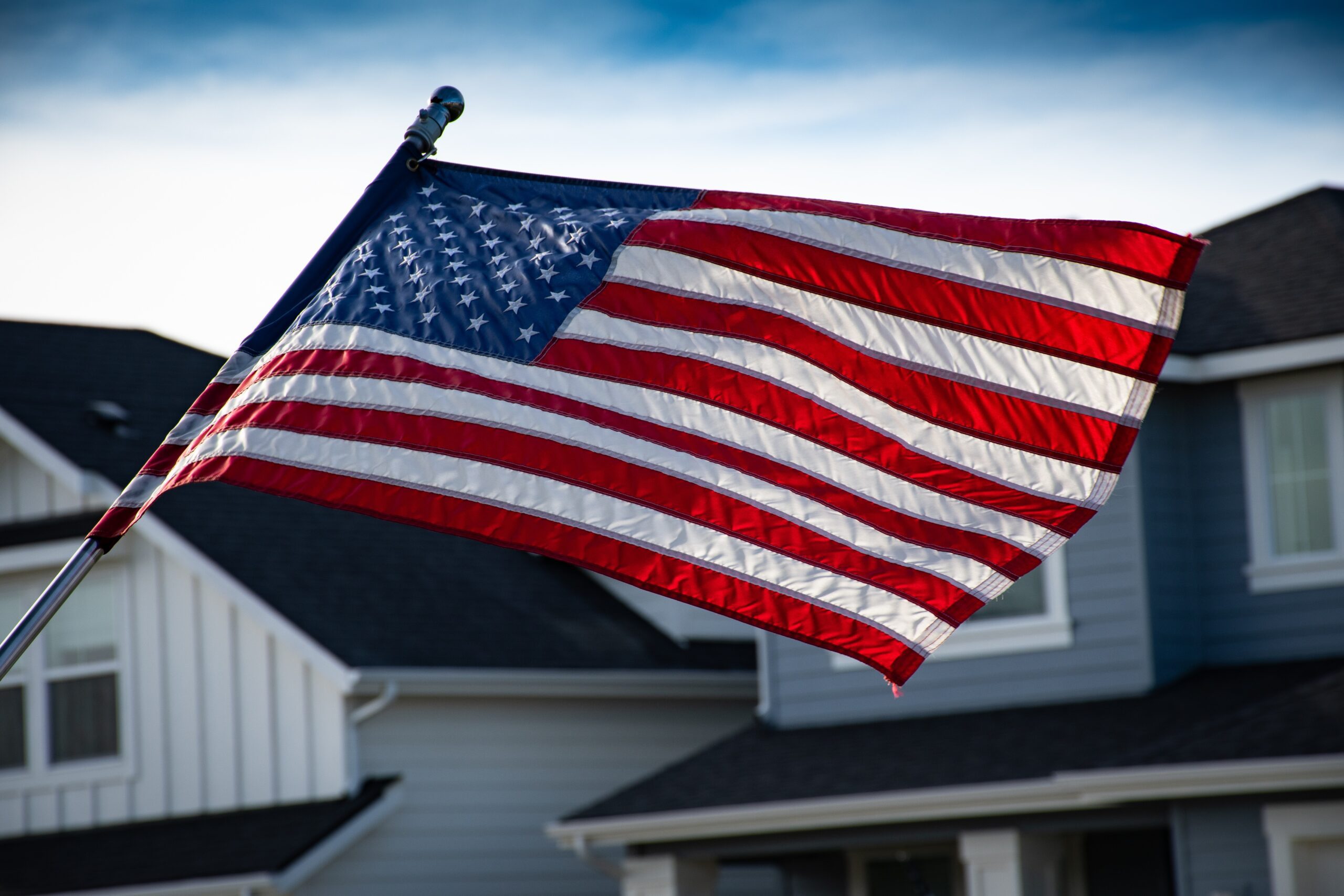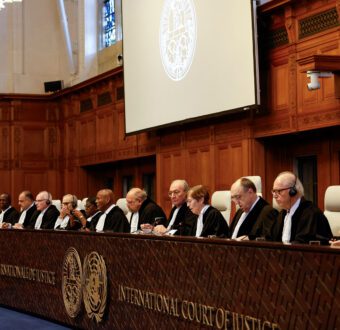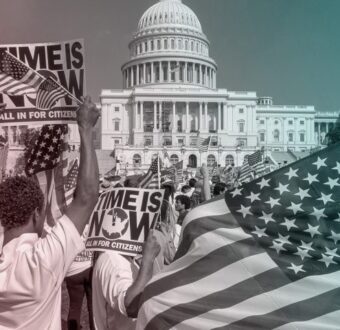Americans’ dwindling belief in American exceptionalism

By Mark Hannah and Dina Smeltz
This article appeared in The Hill on October 15, 2020
If in the past several years, you’ve started to think America has lost its superior standing in the world, you’re not alone. For the past several decades, American foreign policy has been animated by a belief that the country possesses special traits which, as one leading policymaker put it, “can be put to work to advance both the national interest and the larger common interest.” This defines American exceptionalism, the belief that America can and should single-handedly confront the world’s problems, not just its own. Recently fashionable inside the Beltway, this conviction is dwindling in the face of our present reality.
This past year has laid bare to many the myth at the heart of American exceptionalism. The Chicago Council on Global Affairs (CCGA) and the Institute for Global Affairs (IGA) are out with two major national surveys of Americans’ views about their country and its role in the world. As the lead authors of both reports, we were struck at how Americans’ confidence in their country’s global leadership has plummeted. As a snapshot, this is not terribly surprising. This year has been full of sobering events, from the botched response to the COVID-19 pandemic to racial unrest to the struggle against west coast wildfires.
But this isn’t merely a snapshot. The CCGA survey documented a steady downward trend going back eight years in feelings of American exceptionalism. The EGF study found a strong correlation with age, with the youngest Americans most likely to think “America is not an exceptional nation.”
As the heady Cold War victory recedes from memory, and as Americans’ experience of their country’s foreign affairs continues to be dominated by decades of discrediting and dispiriting adventures in the Middle East, Americans appear to have grown bearish on their country’s international influence. This is not all bad news. In fact, these findings give us some cause for optimism. America’s political leaders can better confront threats and respond to the world as it is if they shed that intoxicating sense of supremacy, which leads to foolhardy foreign policy choices.
Read more of Mark’s and Dina’s article in The Hill.
Some names and references have changed since the publication of this article including references to the Eurasia Group Foundation (EGF), the former name of the Institute for Global Affairs

Written by Mark Hannah
Mark is a senior fellow with the Independent America project at the Institute for Global Affairs and host of the podcast, None Of The Above.

Written by Dina Smeltz
Dina is a senior fellow of public opinion and foreign policy at the Chicago Council on Global Affairs
Read more from Mark
This post is part of Independent America, a research project led out by IGA senior fellow Mark Hannah, which seeks to explore how US foreign policy could better be tailored to new global realities and to the preferences of American voters.













